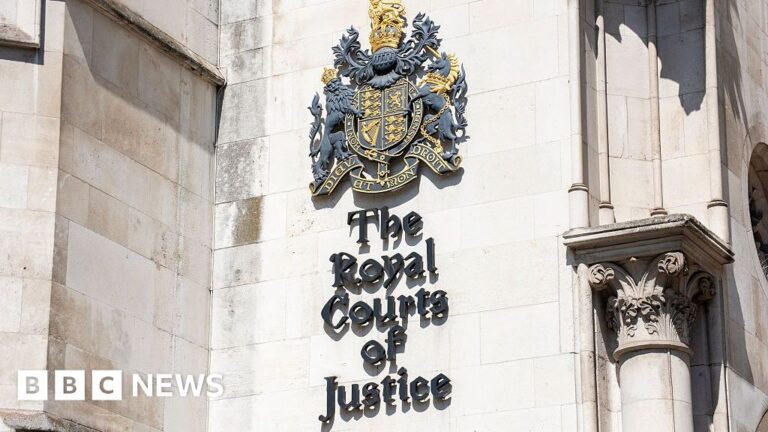Late in February, a psychiatrist who treats veterans was directed to her new workstation — and was incredulous.
She was required, under a new return-to-office policy, to conduct virtual psychotherapy with her patients from one of 13 cubicles in a large open office space, the kind of setup used for call centers.
The psychiatrist was stunned. Her patients suffered from disorders like schizophrenia and bipolar disorder. Treating them from her home office, it had taken many months to earn their trust. This new arrangement, she said, violated a core ethical tenet of mental health care: the guarantee of privacy.
When the doctor asked how she was expected to safeguard patient privacy, a supervisor suggested she purchase privacy screens and a white noise machine. “I’m ready to walk away if it comes to it,” she wrote to her manager, in a text message shared with The New York Times. “I get it,” the manager replied. “Many of us are ready to walk away.”
Scenes like this have been unfolding in Veterans Affairs facilities across the country in recent weeks, as therapy and other mental health services have been thrown into turmoil amid the dramatic changes ordered by President Trump and pushed by Elon Musk’s Department of Government Efficiency.
Among the most consequential orders is the requirement that thousands of mental health providers, including many who were hired for fully remote positions, now work full time from federal office space. This is a jarring policy reversal for the V.A., which pioneered the practice of virtual health care two decades ago as a way to reach isolated veterans, long before the pandemic made telehealth the preferred mode of treatment for many Americans.
As the first wave of providers reports to offices where there is simply not enough room to accommodate them, many found no way to ensure patient privacy, health workers said. Some have filed complaints, warning that the arrangement violates ethics regulations and medical privacy laws.
In more than three dozen interviews, current and recently terminated mental health workers at the V.A. described a period of rapid, chaotic behind-the-scenes change. Many agreed to speak on the condition of anonymity because they want to continue to serve veterans, and feared retribution from the Trump administration.
Clinicians warn that the changes will degrade mental health treatment at the V.A., which already has severe staffing shortages. Some expect to see a mass exodus of sought-after specialists, like psychiatrists and psychologists. They expect wait times to increase, and veterans to eventually seek treatment outside the agency.
“Psychotherapy is a very private endeavor,” said Ira Kedson, the president of AFGE local 310 at the Coatesville V.A. Medical Center in Pennsylvania. “It’s supposed to be a safe place, where people can talk about their deepest, darkest fears and issues. Veterans, he said, trust that what they tell therapists is confidential.
“If they can’t trust us to do that, I think that a sizable number of them will withdraw from treatment,” he said.
Source link




